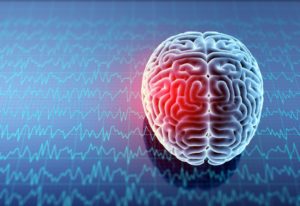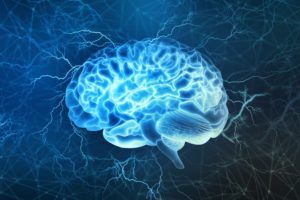
Addiction and Family: Effects of Drug Abuse and Alcoholism
Effects of Drug Abuse on Family Someone who chronically relapses has trouble staying sober. They continuously fall back into their addiction even if they are trying with all of their willpower to stay away from drugs and alcohol. They are sick with a chronic disease. If left untreated, they will













